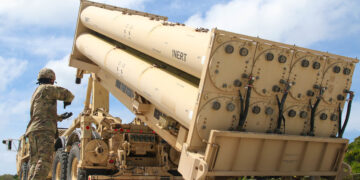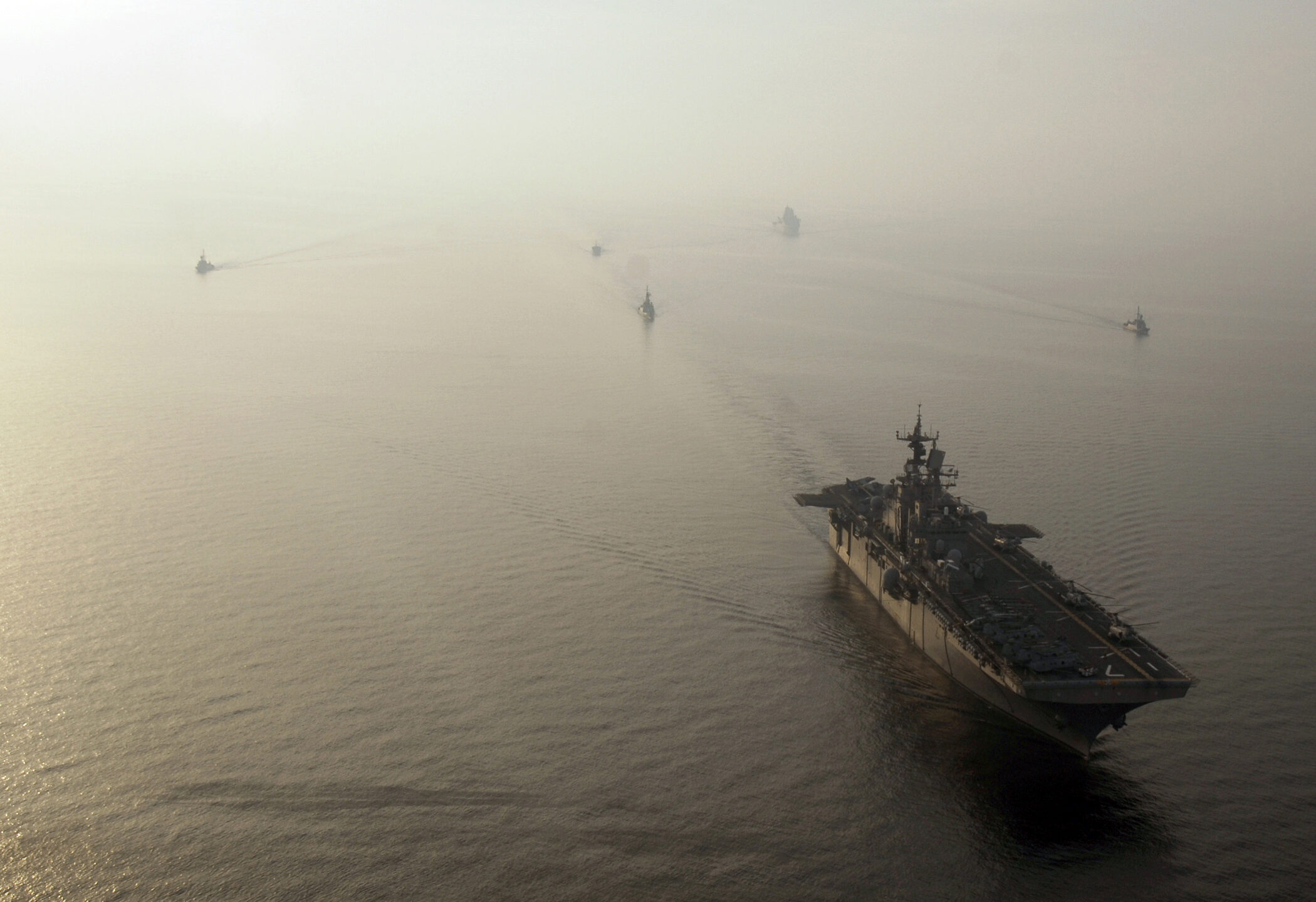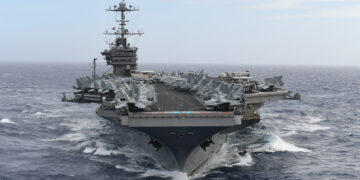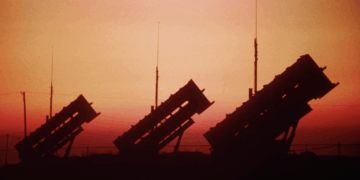In January 1980, U.S. President Jimmy Carter used his State of the Union address to announce that in order to protect “the free movement of Middle East oil,” the United States would repel “an attempt by any outside force to gain control of the Persian Gulf.” Carter and his successors made good on that pledge, ramping up U.S. military capabilities in the region and even fighting the Gulf War to prevent Saddam Hussein’s Iraq from dominating the region’s oil supplies. Although Washington has had a number of interests in the Persian Gulf over the years, including preventing nuclear proliferation, fighting terrorism, and spreading democracy, the main rationale for its involvement has always been to keep the oil flowing.
For decades, this commitment has stirred remarkably little controversy. Even those who criticize U.S. alliances in Europe and Asia as too costly usually concede that Washington must defend the Persian Gulf, given that it accounts for roughly a third of global oil production. But the world has changed dramatically since the United States adopted this posture in the region. During the Cold War, the biggest threat to U.S. interests there was the Soviet Union. U.S. policymakers worried that if Moscow cut off the flow of oil, the gas-guzzling U.S. military might not be able to win a major war in Europe. But since the demise of the Soviet Union, the nature of U.S. interests in the reliable flow of oil has shifted. Where once both national security and prosperity were at stake, now only prosperity is.
That has stark implications for U.S. policy. For one thing, the lack of a national security imperative raises the threshold for military involvement in the Persian Gulf, since most Americans would find it less palatable to put U.S. soldiers in harm’s way to defend economic interests. For another thing, since it is hard to put a value on security, it becomes easier to assess the tradeoffs of a U.S. military commitment to the Persian Gulf when only economic risks are at play. So one must ask: Is Persian Gulf oil still worth defending with American military might?
More on Middle East

Featuring Rosemary Kelanic
January 23, 2026

Featuring Rosemary Kelanic
January 23, 2026
Events on Middle East







